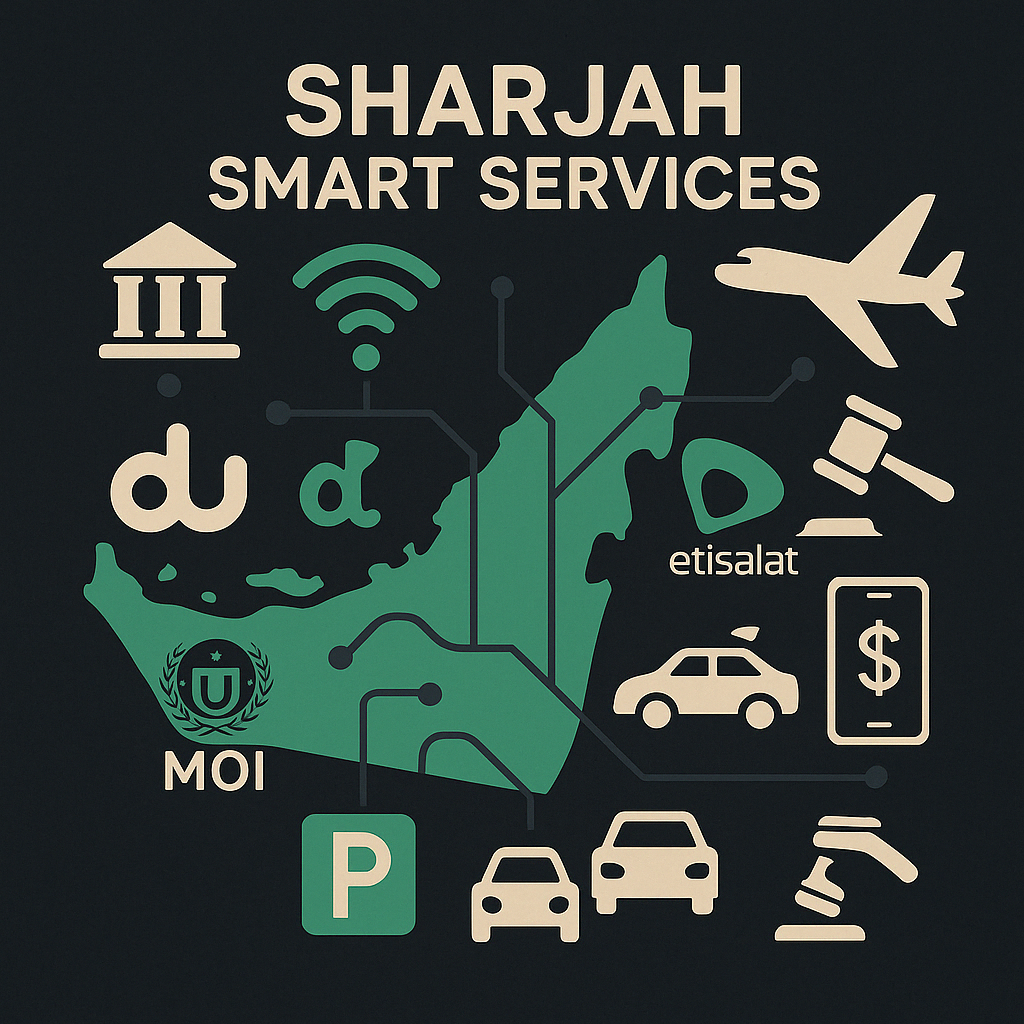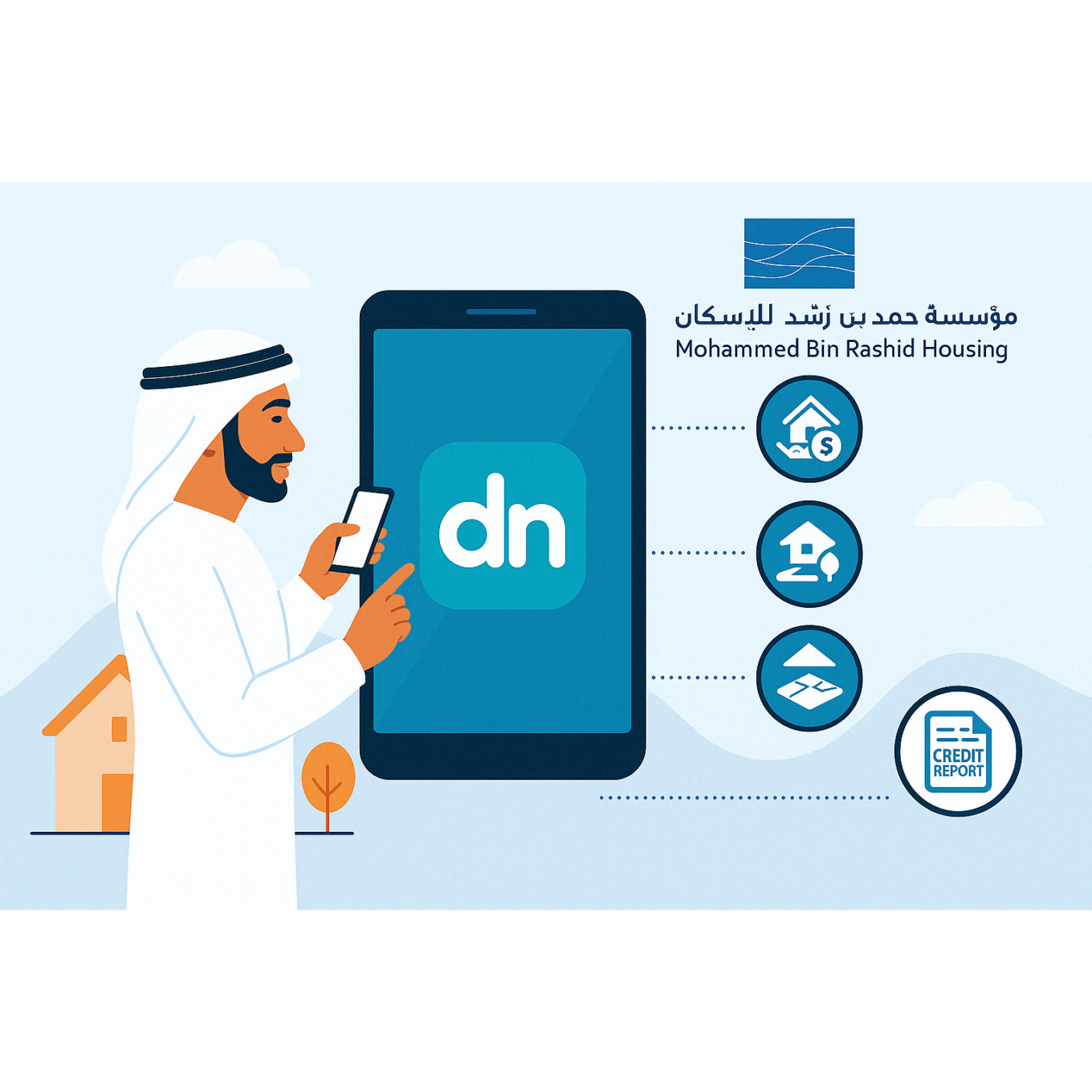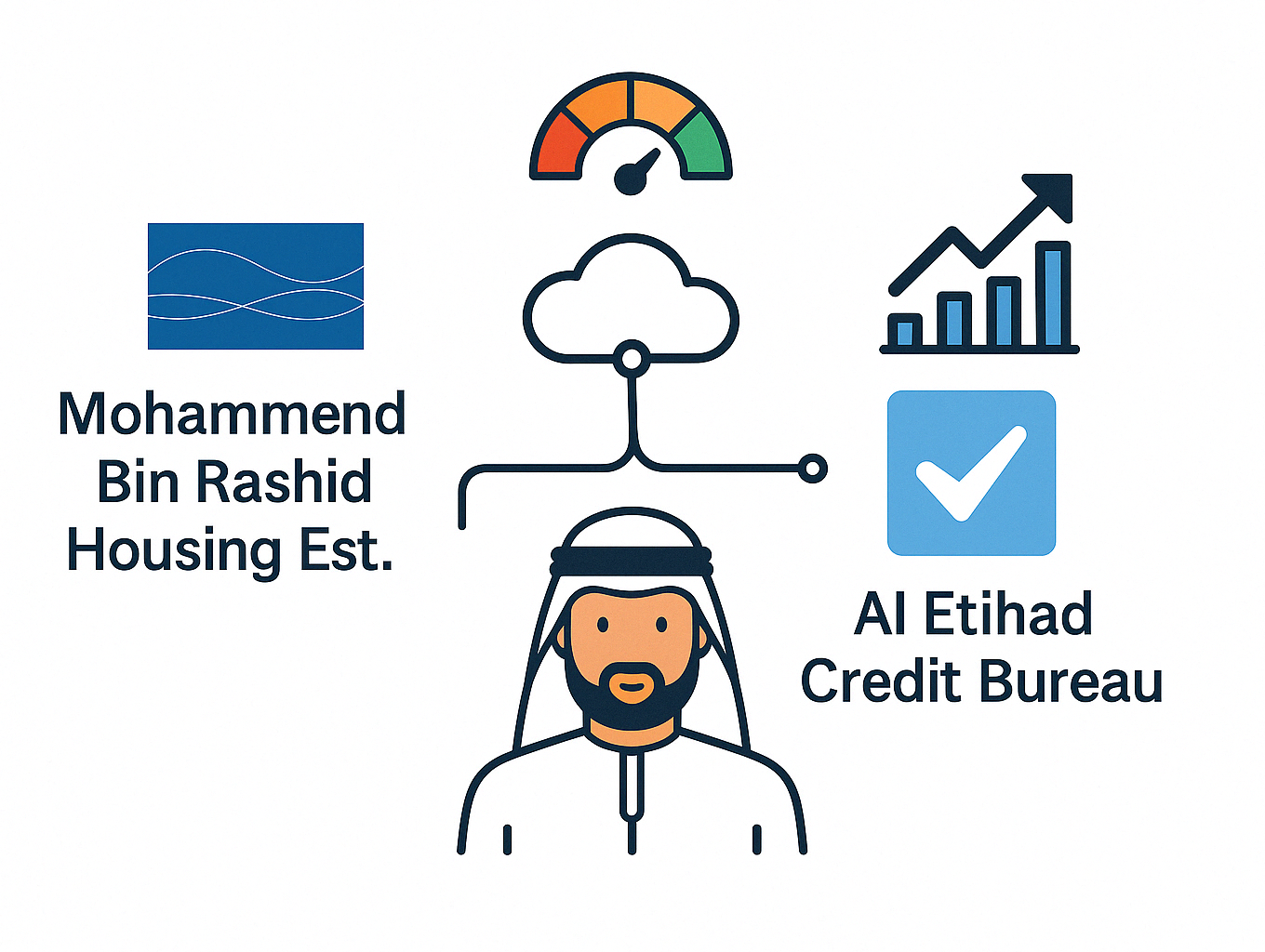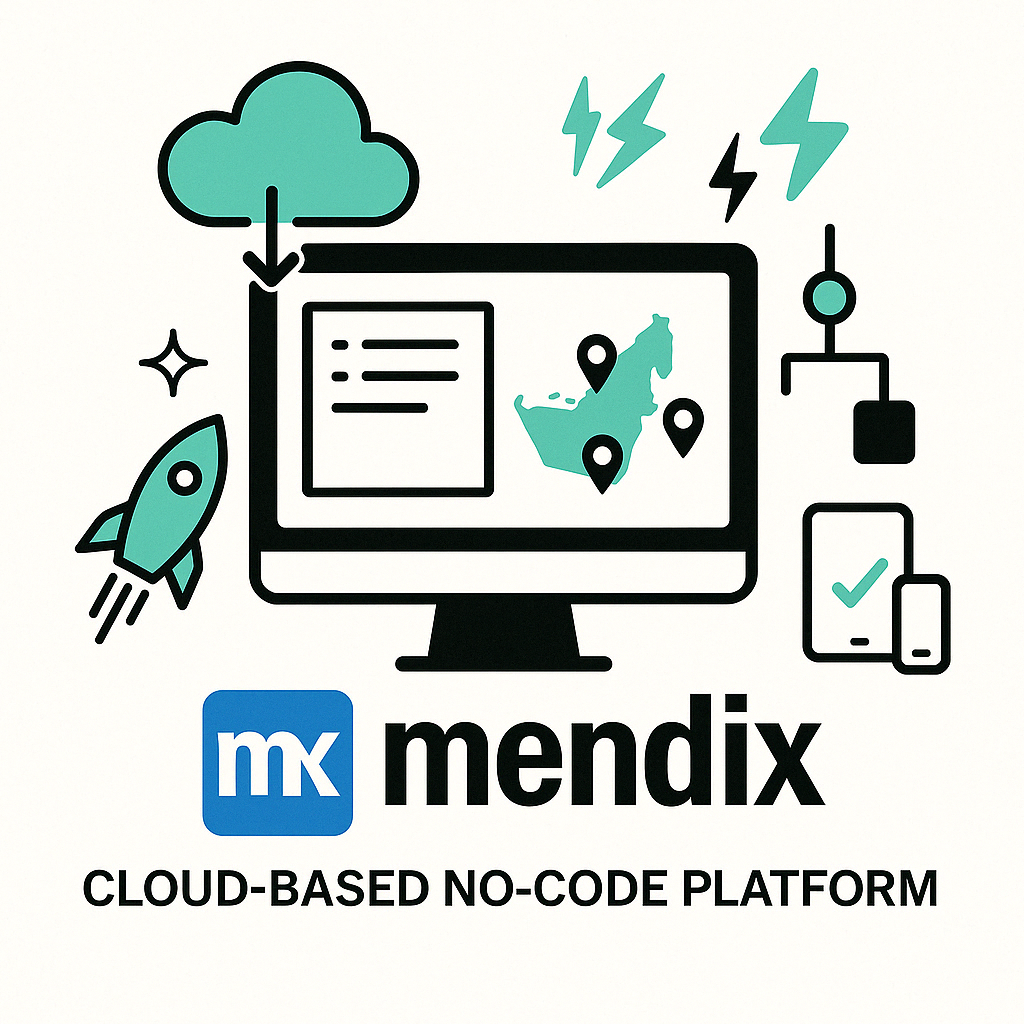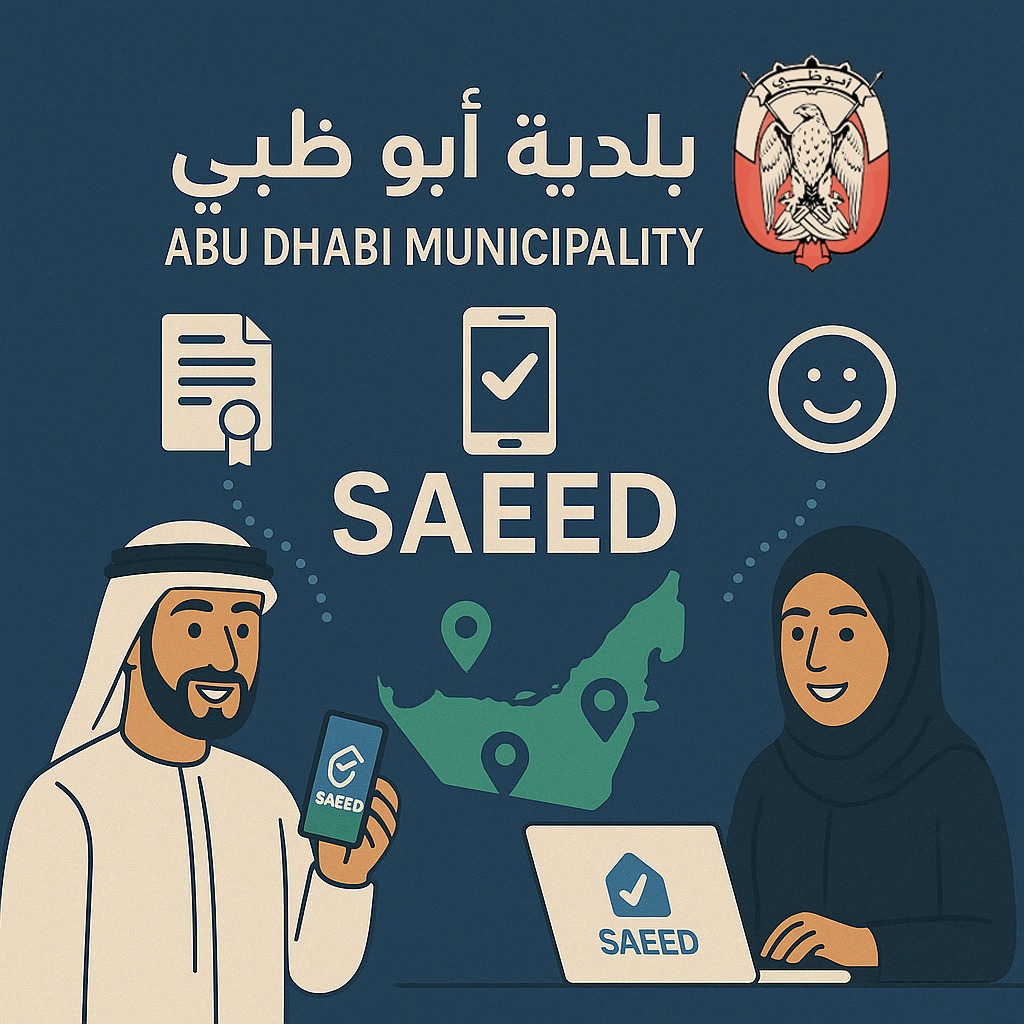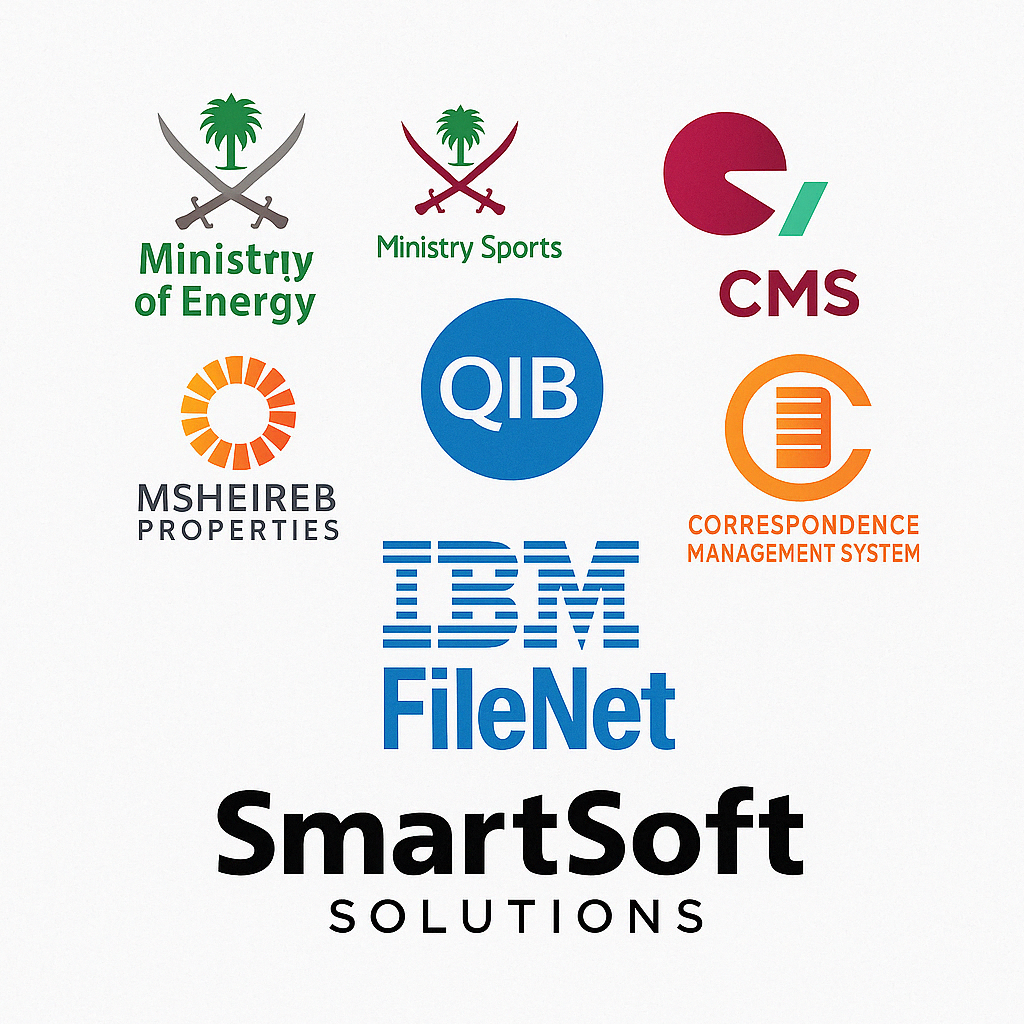Sharjah Digital Department
Project Overview
I led the end-to-end execution of the Sharjah Smart Services Integration on Sharjah Digital Department, a city-wide digital transformation initiative designed to integrate multiple public and private services into a unified government platform. The objective was to enhance the citizen experience by providing seamless, 24/7 access to services through a centralized digital ecosystem.
Key Responsibilities
- Initiating: Defined the project scope along with many stakeholders including but not limited to
RAFID,
Al Ansari Exchange,
Ministry of Interior (MOI),
Sharjah Municipality,
Digital Payment System (Tahseel),
Sharjah Airport,
Sharjah RTA, and
UAE Pass. Confirmed alignment on regulatory requirements and integration standards. - Planning: Created and prioritized product backlogs for each service area. Coordinated resource plans with internal teams and vendors. Used Agile principles to define minimum viable integrations.
- Executing: Managed delivery using Scrum practices, delivering key integrations for various public and private entities. Oversaw cross-agency dependencies and technical blockers.
- Monitoring & Controlling: Tracked sprint progress with velocity charts, KPIs, and feedback loops to refine services and manage risks.
- Closing: Coordinated phase-wise retrospectives and documented project lessons. Ensured successful launches and post-launch support with MBRHE operations.
Completed Services:
- RAFID – Accident Reporting
- MOI Fines Payment
- Parking Subscription (Sharjah Municipality)
- MOI Driver License Renewal
- MOI Vehicle Registration Renewal
- Sharjah Airport – Flight Inquiry
- Sharjah Airport – Al Diyafa Lounge Reservation Services
In Progress:
- Sharjah RTA – Taxi Booking
- Parking Lot Payments and Availability
Technology Stack
Backend:
Java Spring Boot for backend development.
Architecture:
SOA, and Microservices for scalable and efficient service delivery.
Database:
Relational Databases (Oracle)
Caching:
Redis for faster data retrieval and improved application performance.
Integration:
APIs for seamless communication and data sharing across platforms.
The integration of multiple public services led to a 30% increase in citizen digital service usage, reducing in-person visits. The success of the digital services has paved the way for further service expansion and ongoing positive feedback from stakeholders.

